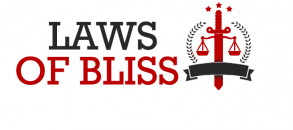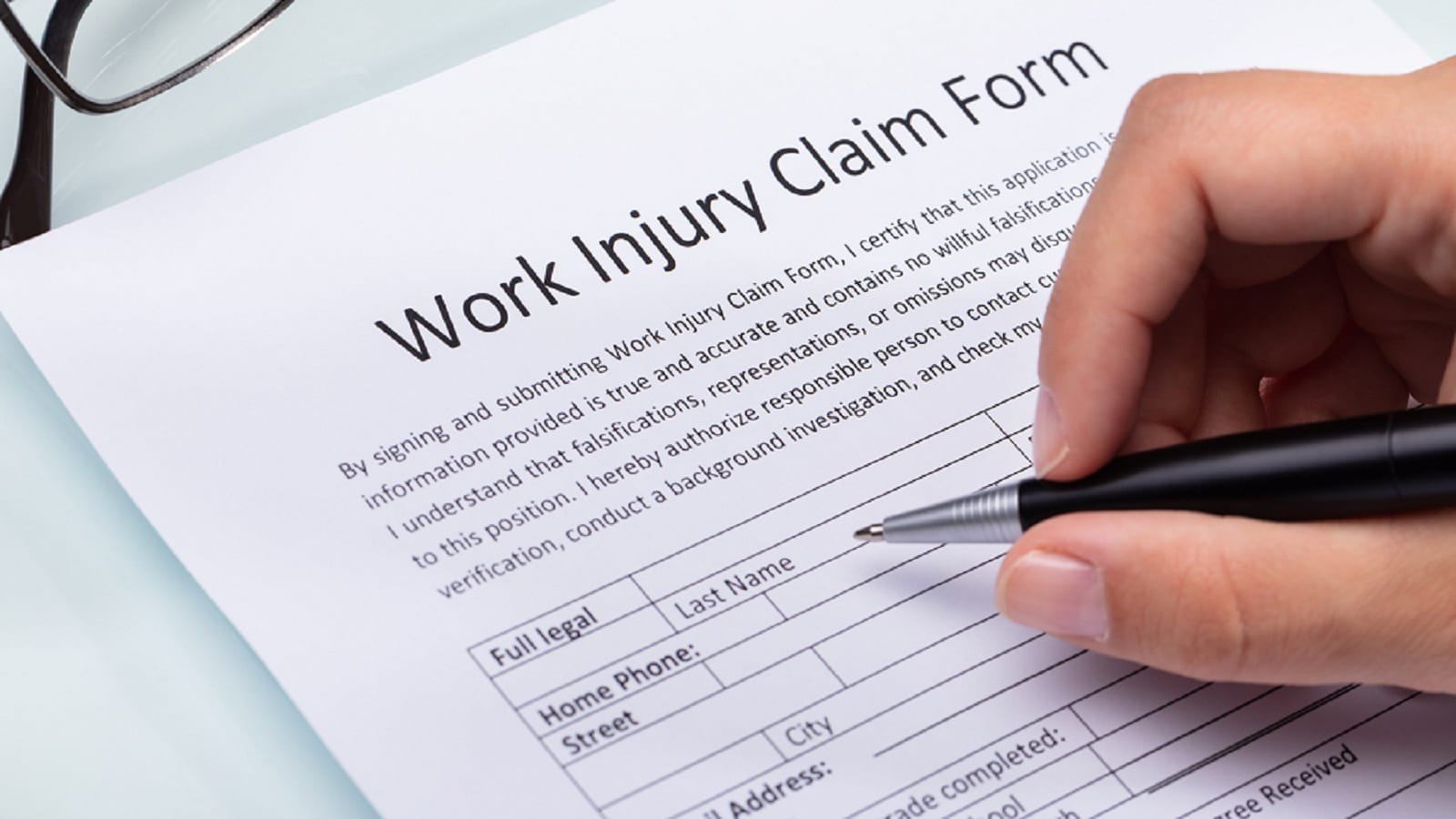
Inside a medical negligence case’s two stages, gathering evidence falls around the complaintant and also the attorney dealing with the situation. Information from records to statements make an effort to prove that negligence led to a dangerous, existence-altering medical error.

Nonetheless, gathering evidence alone throughout the discovery phase won’t lean the decision within the plaintiff’s favor. Rather, because the complaintant and attorney undergo this task, all have to consider how doctors overlooked the fundamental standard of care.
A complaintant filing a clinical malpractice suit likely encounters several challenges through the way. Should you or a relative is filing this type of suit, think about the following points:
- All Sources
Although useful to some extent, an individual’s medical records frequently aren’t the be-all-finish-all a clinical malpractice situation, as well as in almost all instances, more information soon becomes needed.
The attorney assisting the medical negligence situation may request deposition testimony in the physician, nurse, or any other doctors active in the procedure various medical documents and interrogatories, that are sent in the complaintant towards the defendant to collect information.

- Inaccuracies
A complaintant and representing attorney will come across medical records that could haven’t been updated, contain any mistakes, and have been falsified. Federal and condition laws and regulations require medical facilities to keep on record complete and accurate records for every patient, including full health background, prescribed medications, and coverings.
It’s considered malpractice for any hospital, doctor’s practice, or similar facility to possess inaccurate or falsified patient records that led to mistreating or negligent management of someone.
Patients as well as their attorneys have the authority to obtain copies of medical records, however, if the listed information has inaccuracies, either false or outdated information, evidence must further be collected to exhibit that changes were created. The attorney, within this situation, may request formerly-produced documents or written opinions from medical records experts.
Deposition testimonies may help in filling out gaps from incomplete records, or supplying more in depth explanations.




